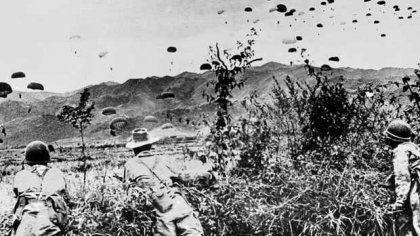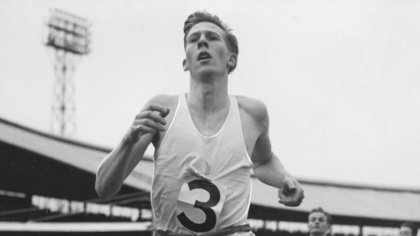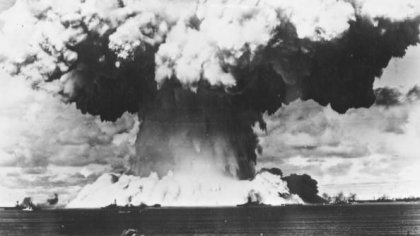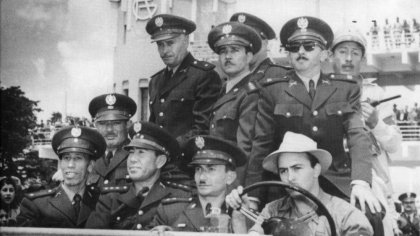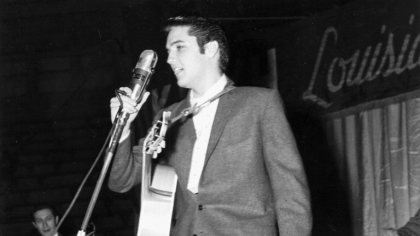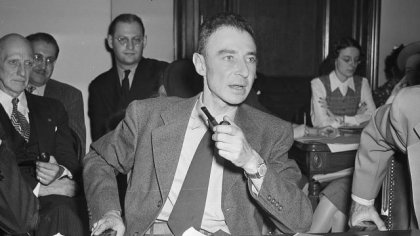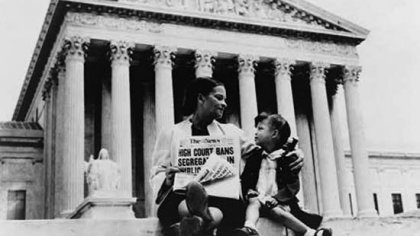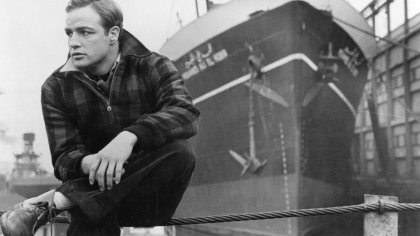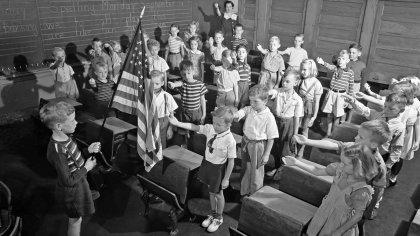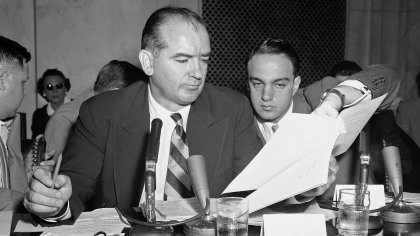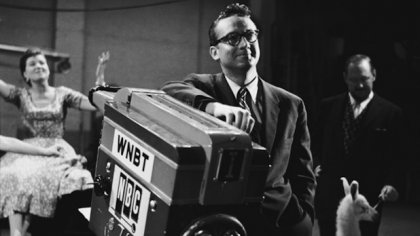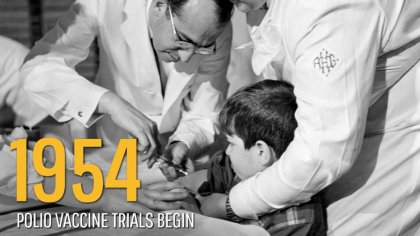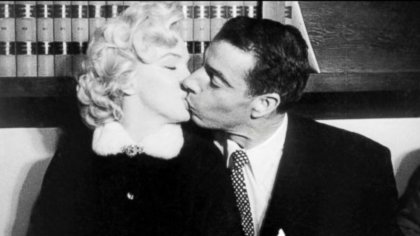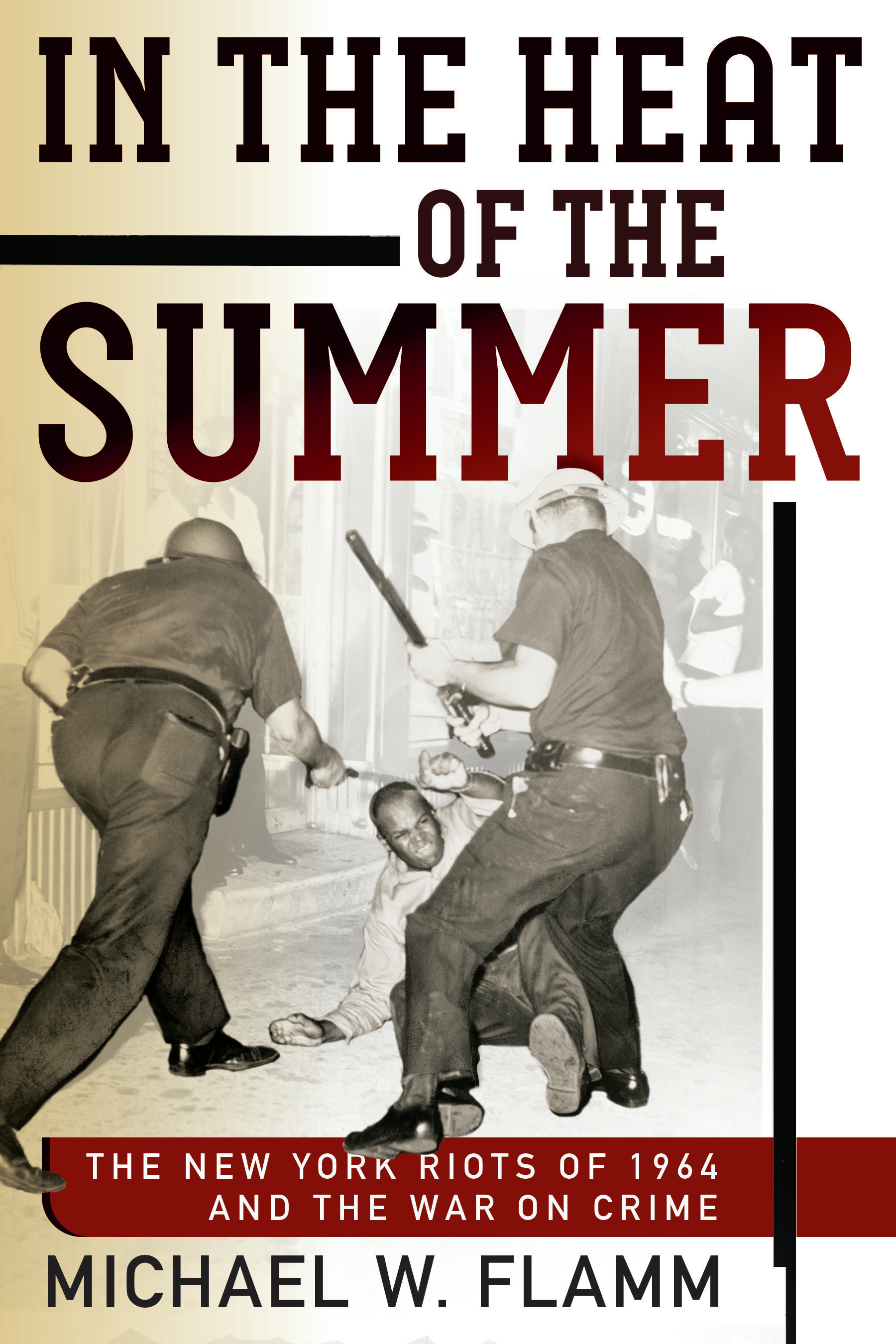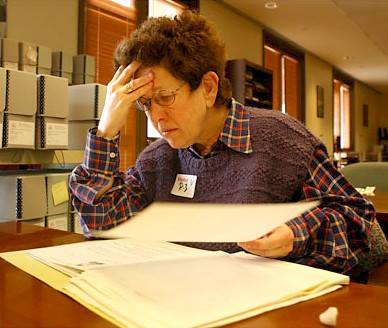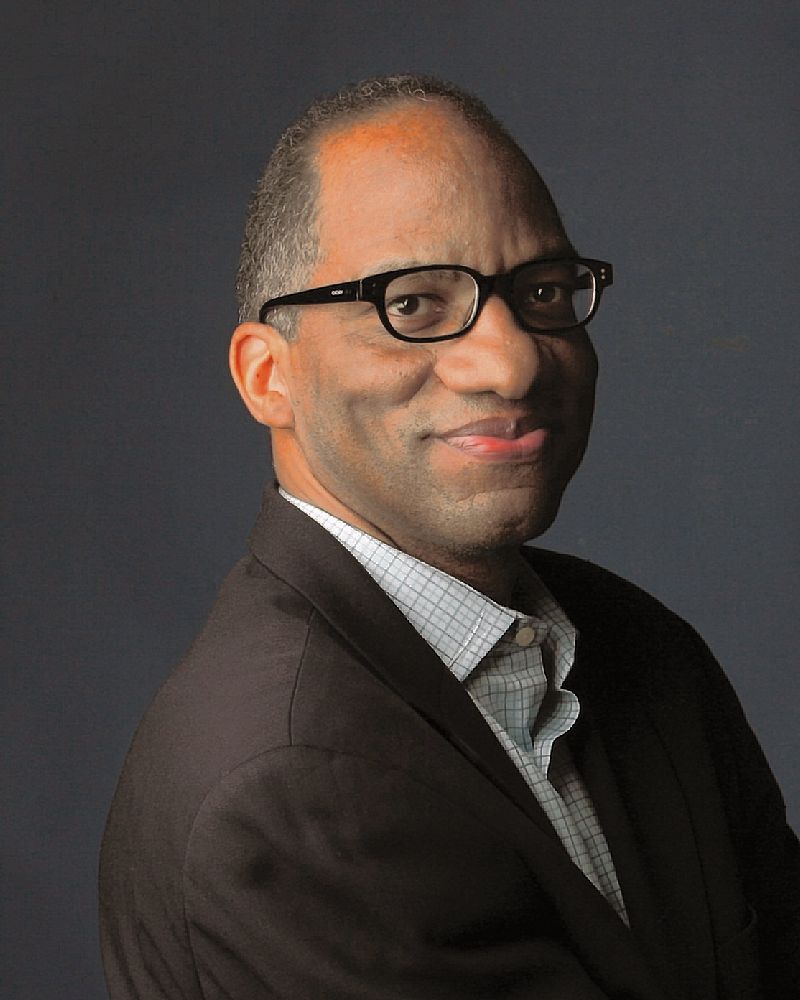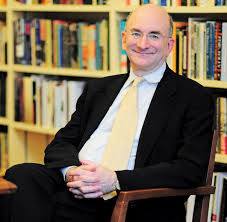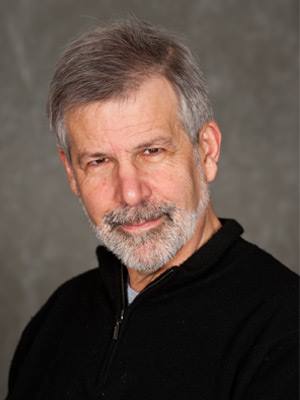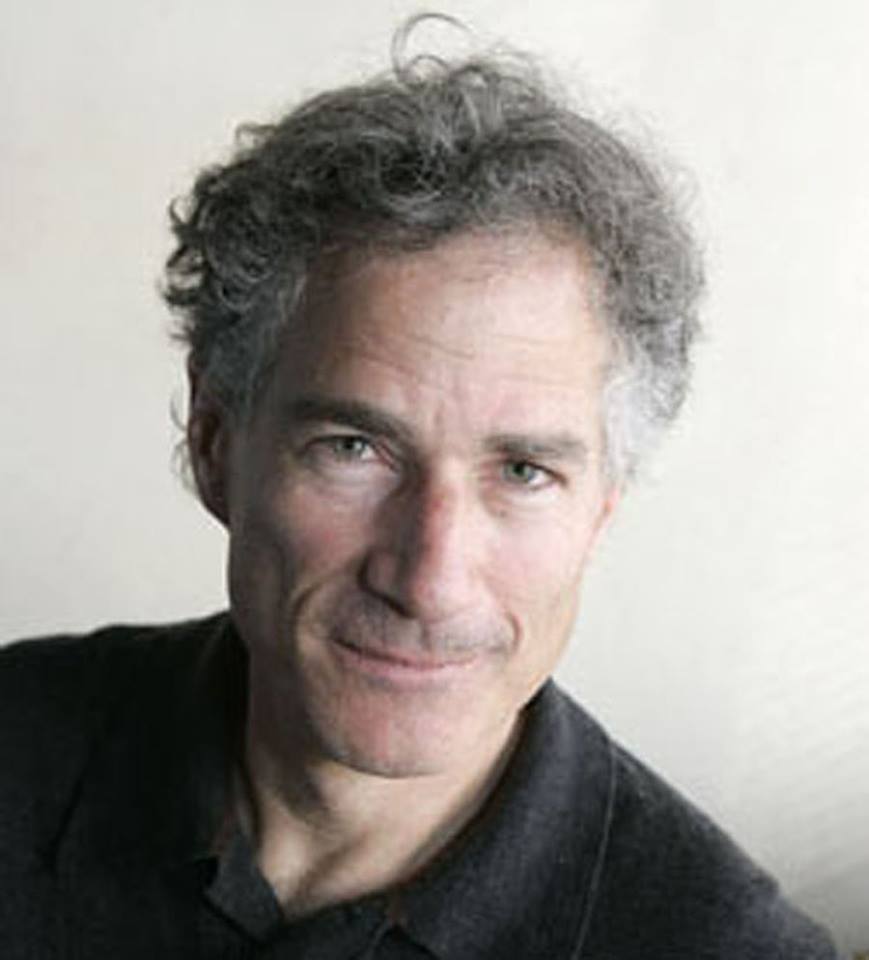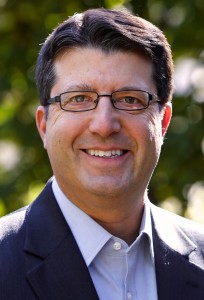 Michael W. Flamm
Michael W. Flamm
Professor of History
Education
- B.A., Harvard University
- Ph.D., Columbia University
Profile
Michael Flamm is a scholar of modern American political history who joined the faculty in 1998. He offers a broad range of courses in U.S. history from 1877 to the present (see Courses Taught below). At Ohio Wesleyan he has received the Welch Award for Scholarly Achievement (2022) and three teaching prizes including the university’s highest honor, the Bishop Herbert Welch Meritorious Teaching Award (2012). As a Fulbright Scholar and Senior Specialist, Professor Flamm has taught numerous times in Argentina. In addition, he has served as a faculty consultant to the National Endowment for the Humanities, the College Board, and the National Academy of Sciences. He was also an elected member of the executive board of the Organization of American Historians, the largest professional association dedicated to the teaching and study of U.S. history, from 2019-2022.
Professor Flamm is the author or co-author of five books as well as numerous articles and reviews. For more information, see Major Publications and/or his curriculum vitae. He is also the creator of How 1954 Changed History (2020), an Audible original available on Amazon (see Recorded Work). For a sample, read The Conquest of Polio.
Professor Flamm is a proud Minnesotan and avid fan of the Twins, Vikings, and Timberwolves. After college he spent five years as a high school history teacher in New Jersey and New York. When Professor Flamm has the time, he enjoys tennis, skiing, travel, jazz, theater, and films of all kinds. He also likes to read contemporary, classic, and historical fiction as well as mystery novels. To learn more, visit Facebook and LinkedIn.
Major Publications
Courses Taught
- History 114: Introduction to Modern America
- History 160: America in the Sixties
- History 250: Historical Inquiry
- History 286: American Foreign Relations Since 1917
- History 287: America and Vietnam
- History 376: The Emergence of Modern America, 1877-1929
- History 377: The Transformation of Modern America, 1929-1960
- History 378: The Challenges of Modern America, 1960-2008
- History 385A: Crime and Punishment in Modern America
- History 385B: Women and Gender in Modern America
- History 385C: History and Fiction in Modern America
Areas of Interest / Expertise
- The Political Culture of the 1960s
- Crime and Disorder in the 1960s
- The U.S. and Vietnam
Recipient of the 2022 Welch Award for Scholarly or Artistic Achievement and the 2012 Bishop Herbert Welch Meritorious Teaching Award


 Michael W. Flamm
Michael W. Flamm